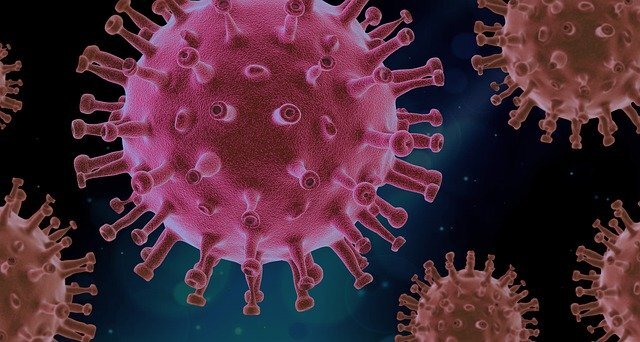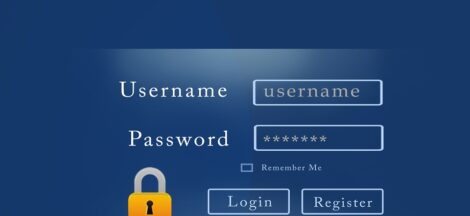Yesterday, the Small Business Administration (SBA), in consultation with the Department of the Treasury, issued additional guidance to address borrower and lender questions concerning the implementation of the Paycheck Protection Program (PPP), established by section 1102 of the Coronavirus Aid, Relief, and the Economic Security Act (CARES Act or the Act). We have been inundated with questions from companies that received PPP loans and are wondering if they should return them tomorrow, which is the deadline for repaying the loan in order to be deemed by the SBA as having made the required certifications in good faith. Those certifications require the borrower to certify in good faith that “current economic uncertainty makes the loan necessary to support [the borrower’s] ongoing business operations.” In determining if the borrower is eligible for a PPP loan, it needs to take into account its current economic business activity and must also assess its ability to access other sources of liquidity sufficient to support its ongoing business operations in a manner that is not significantly detrimental to the business.
New question 46 of the guidance provides borrowers with a limited safe harbor with respect to the required good faith certification concerning the necessity of a borrower’s loan request. This new safe harbor provides that any borrower that, together with its affiliates, received PPP loans with an original principal amount of less than $2 million, will be deemed to have made the required certification concerning the necessity of the loan request in good faith. Further, the guidance provides that if the SBA determines that a borrower lacked an adequate basis for the required certification concerning the necessity of the loan it will merely seek repayment of the loan and the borrower will lose the right to loan forgiveness. So long as the borrower repays the loan after receiving notification from the SBA it will not pursue administrative enforcement or referrals to other agencies based on its determination with respect to the certification concerning necessity of the loan request, reducing the chance of criminal liability. Here is the specific language:
46. Question: How will SBA review borrowers’ required good-faith certification concerning the necessity of their loan request? Answer: When submitting a PPP application, all borrowers must certify in good faith that “[c]urrent economic uncertainty makes this loan request necessary to support the ongoing operations of the Applicant.” SBA, in consultation with the Department of the Treasury, has determined that the following safe harbor will apply to SBA’s review of PPP loans with respect to this issue: Any borrower that, together with its affiliates, received PPP loans with an original principal amount of less than $2 million will be deemed to have made the required certification concerning the necessity of the loan request in good faith. SBA has determined that this safe harbor is appropriate because borrowers with loans below this threshold are generally less likely to have had access to adequate sources of liquidity in the current economic environment than borrowers that obtained larger loans. This safe harbor will also promote economic certainty as PPP borrowers with more limited resources endeavor to retain and rehire employees. In addition, given the large volume of PPP loans, this approach will enable SBA to conserve its finite audit resources and focus its reviews on larger loans, where the compliance effort may yield higher returns. Importantly, borrowers with loans greater than $2 million that do not satisfy this safe harbor may still have an adequate basis for making the required good-faith certification, based on their individual circumstances in light of the language of the certification and SBA guidance. SBA has previously stated that all PPP loans in excess of $2 million, and other PPP loans as appropriate, will be subject to review by SBA for compliance with program requirements set forth in the PPP Interim Final Rules and in the Borrower Application Form. If SBA determines in the course of its review that a borrower lacked an adequate basis for the required certification concerning the necessity of the loan request, SBA will seek repayment of the outstanding PPP loan balance and will inform the lender that the borrower is not eligible for loan forgiveness. If the borrower repays the loan after receiving notification from SBA, SBA will not pursue administrative enforcement or referrals to other agencies based on its determination with respect to the certification concerning necessity of the loan request. SBA’s determination concerning the certification regarding the necessity of the loan request will not affect SBA’s loan guarantee.
This new guidance should provide PPP borrowers who received a loan of less than $2M much needed comfort and allow them to sleep at night and focus on their businesses. Of course, those who received $2M or more should still expect to be audited and be prepared to backup their certifications. Smaller borrowers, breathe a sigh of relief! Of course this doesn’t mean any fraud committed doesn’t matter, but this should provide relief to those how did seek the loans in good faith.





